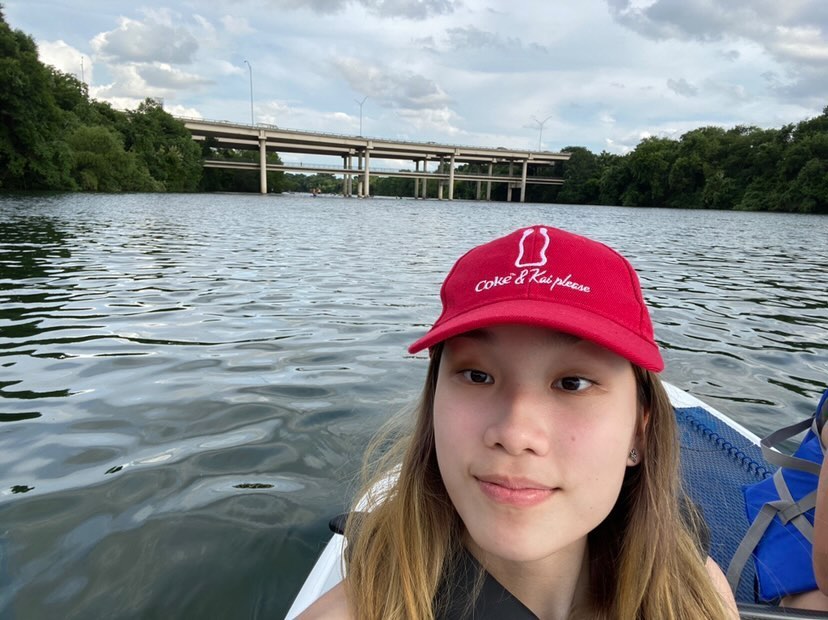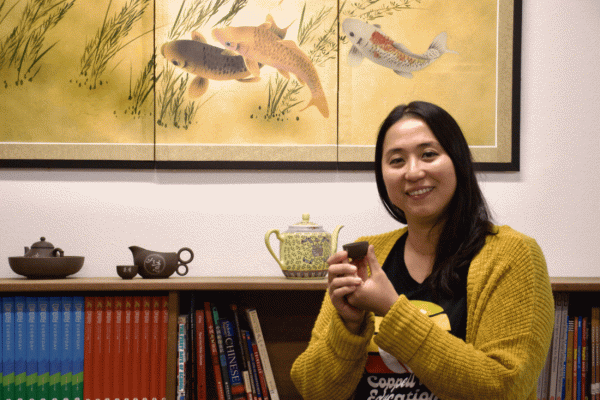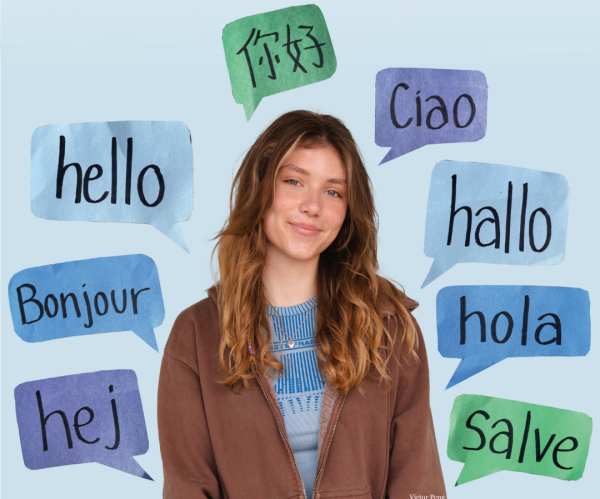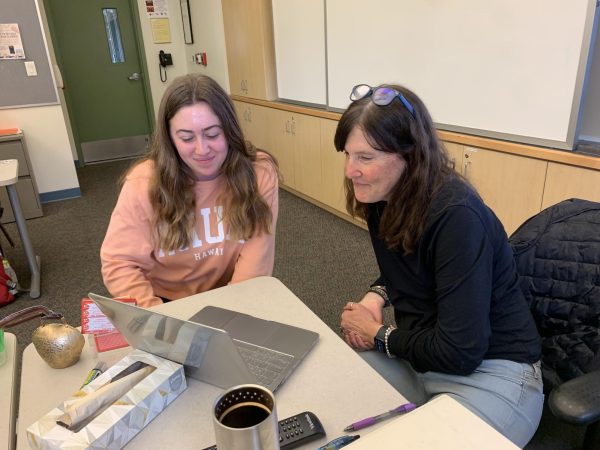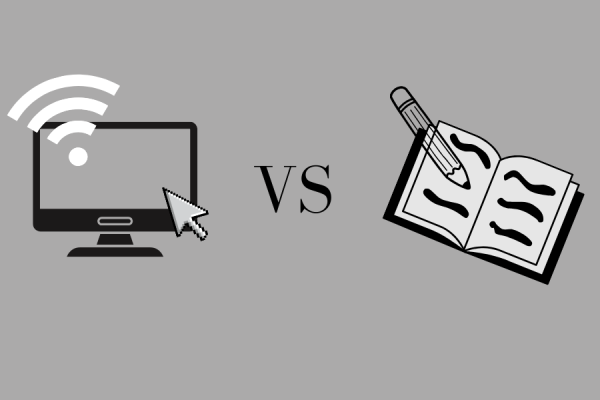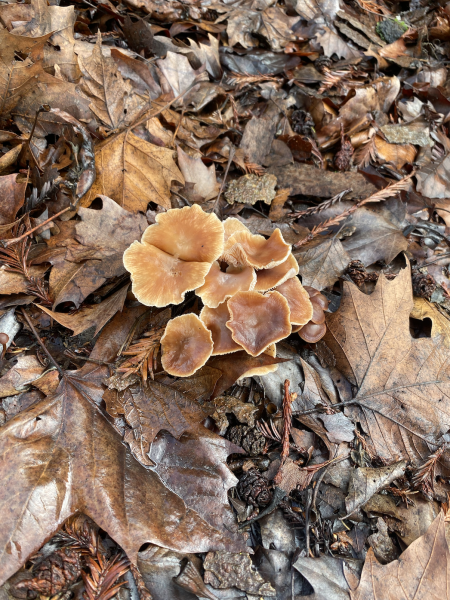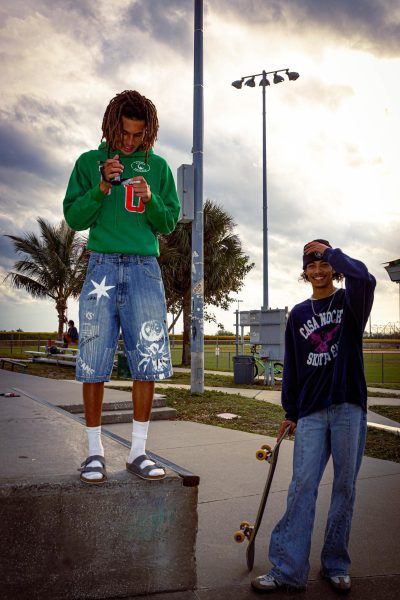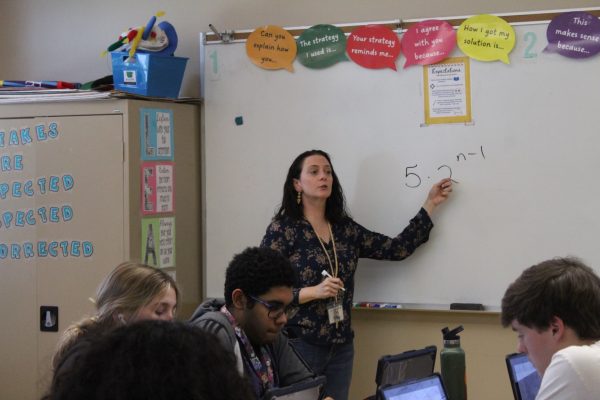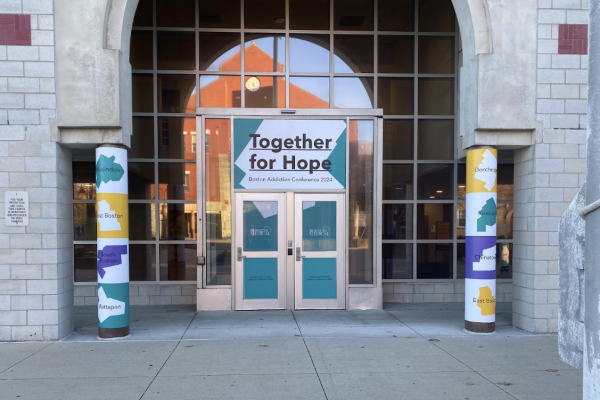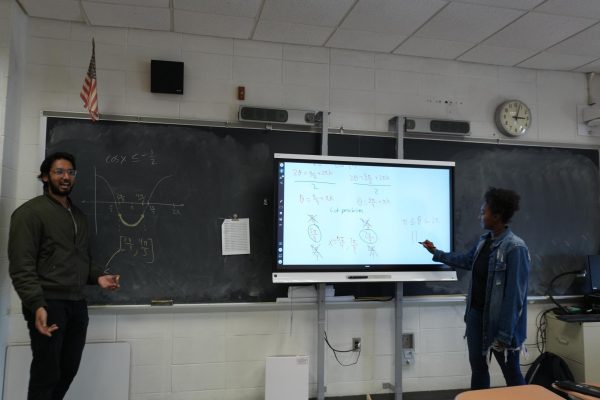From state to state: A political and cultural shift
Following the experience of those who moved states in an increasingly partisan country
Photo used with permission from Clarisse Tan
Following the experience of those who moved states in an increasingly partisan country
May 20, 2022
Choir teacher Amy Young could have been legally fired for being a gay teacher when she lived in Florida four years ago. This possibility, combined with the constant feeling of being a minority, convinced Young to move out of state to teach. When she was invited to earn her Master’s Degree at San Jose State University, she moved to California, eventually staying and finding a job in state.
“[I lived ] inland island south of Jacksonville, Florida, about half an hour outside of Jacksonville,” Young said. “The 2016 election [had a] 87% Republican turnout [in Florida] and the 2020 election was 85% of Republican vote, so that’s the demographics of the county that I grew up in. Drive in any direction, you see Confederate flags on cars in the parking lots, and it [was] kind of an interesting time.”
The 2016 election [had a] 87% Republican turnout and the 2020 election was 85% of Republican vote, so that’s kind of the demographics of the county that I grew up in.
— Choir teacher Amy Young
Young says she had never been to California before, so her expectations revolved around the contrasting political climate that would “trickle down into pretty much every aspect of life.” Florida has voted for Republican candidates in 4 of the last 6 presidential elections, while contrastingly California voted for Democratic candidates in 6 of the last 6.
When she arrived in California, Young experienced a “culture shock” due to the different demographics — and the differing “realities of what are facts and what are not facts” concerning topics backed by evidence between the two states. However, Young thinks that compared to Florida, the California environment was more welcoming and ready to accept her as one of their own.
“I felt much more comfortable integrating into this environment,” Young said. “I didn’t feel like I could [do that] in my old environment which is why I [ultimately] left. I think coming here was much easier to integrate [into] because not only of the general political environment but specifically, the SJSU environment [where] all the people that I got to work with and make music with on a regular basis are some of the best people I’ve ever met — [they] were an instant community for me when I showed up.”
Coppell High School senior Clarisse Tan went through a similar “culture shock” when moving from California to Texas during the middle of her freshman year at MVHS. Texas is a conservative-leaning state, having voted for the Republican candidate for the past 11 presidential elections. Tan describes how she personally felt more left-learning compared to her classmates and that sometimes during lunch, she would overhear political comments that made her think, “Oh my gosh, people actually think like that.”
Like Young, Tan also experienced a “culture shock” of her own. Being used to a large number of Asian restaurants and cafes in Cupertino, she was taken aback by the lack of Asian restaurants near her home in Texas, having to drive a minimum of 30 minutes for that type of cuisine. However, even though she felt the cultural differences between California and Texas, she still felt welcomed by students in the new environment.
“Here [in Texas], there’s Southern hospitality and the food’s different,” Tan said. “And if you drive around, people drive really fast here and they drive trucks and SUVs, so that was different.”
Senior Ariyal Jain had lived in metropolitan Arizona until she moved to the Cupertino Bay Area during her sophomore year of high school. Having lived in the urban areas of Chandler, Phoenix and Gilbert, the move to suburban California was a major change. Additionally, Jain spent the last portion of her first year at MVHS in distance learning due to the COVID-19 pandemic. For Jain, the most noticeable changes were both demographics as well as political ideology.
“[There’s also] the diversity of mindsets, and so I think in Arizona, there were a lot more conservative[s] [and] conservative views,” Jain said. “I would say there were a lot more Republicans, and here in California, specifically in the Bay Area in Cupertino, with the large Asian population that we have, I would say that there’s a lot less conservative views and a lot more Democrats. And so I guess the mindset on certain topics that are heavily controversial in some cases, like sexual assault, or abortion, those tend to have the same mindsets across many different people here than they would in Arizona, where we would find a lot of backlash.”
However, Jain has gotten used to the environmental shift and feels that she’s long since been integrated into the California scene. Four years after moving, Young also enjoys living in California because she appreciates having similar values with the people around her. She also believes she has changed a lot since moving because it allowed her to gain exposure to other cultures.
“I’m very happy to be in a district that is really outwardly supportive of everyone and trying to do equity work and have hard conversations,” Young said. “I think living somewhere else and experiencing a different reality is definitely a really life altering experience and it’s helped me grow a lot and really enjoy this next chapter of my life.”
This story was originally published on El Estoque on May 17, 2022.



























![IN THE SPOTLIGHT: Junior Zalie Mann performs “I Love to Cry at Weddings,” an ensemble piece from the fall musical Sweet Charity, to prospective students during the Fine Arts Showcase on Wednesday, Nov. 8. The showcase is a compilation of performances and demonstrations from each fine arts strand offered at McCallum. This show is put on so that prospective students can see if they are interested in joining an academy or major.
Sweet Charity originally ran the weekends of Sept. 28 and Oct. 8, but made a comeback for the Fine Arts Showcase.
“[Being at the front in the spotlight] is my favorite part of the whole dance, so I was super happy to be on stage performing and smiling at the audience,” Mann said.
Mann performed in both the musical theatre performance and dance excerpt “Ethereal,” a contemporary piece choreographed by the new dance director Terrance Carson, in the showcase. With also being a dance ambassador, Mann got to talk about what MAC dance is, her experience and answer any questions the aspiring arts majors and their parents may have.
Caption by Maya Tackett.](https://bestofsno.com/wp-content/uploads/2024/02/53321803427_47cd17fe70_o-1-1200x800.jpg)
![SPREADING THE JOY: Sophomore Chim Becker poses with sophomores Cozbi Sims and Lou Davidson while manning a table at the Hispanic Heritage treat day during lunch of Sept 28. Becker is a part of the students of color alliance, who put together the activity to raise money for their club.
“It [the stand] was really fun because McCallum has a lot of latino kids,” Becker said. “And I think it was nice that I could share the stuff that I usually just have at home with people who have never tried it before.”
Becker recognizes the importance of celebrating Hispanic heritage at Mac.
“I think its important to celebrate,” Becker said. “Because our culture is awesome and super cool, and everybody should be able to learn about other cultures of the world.”
Caption by JoJo Barnard.](https://bestofsno.com/wp-content/uploads/2024/01/53221601352_4127a81c41_o-1200x675.jpg)




